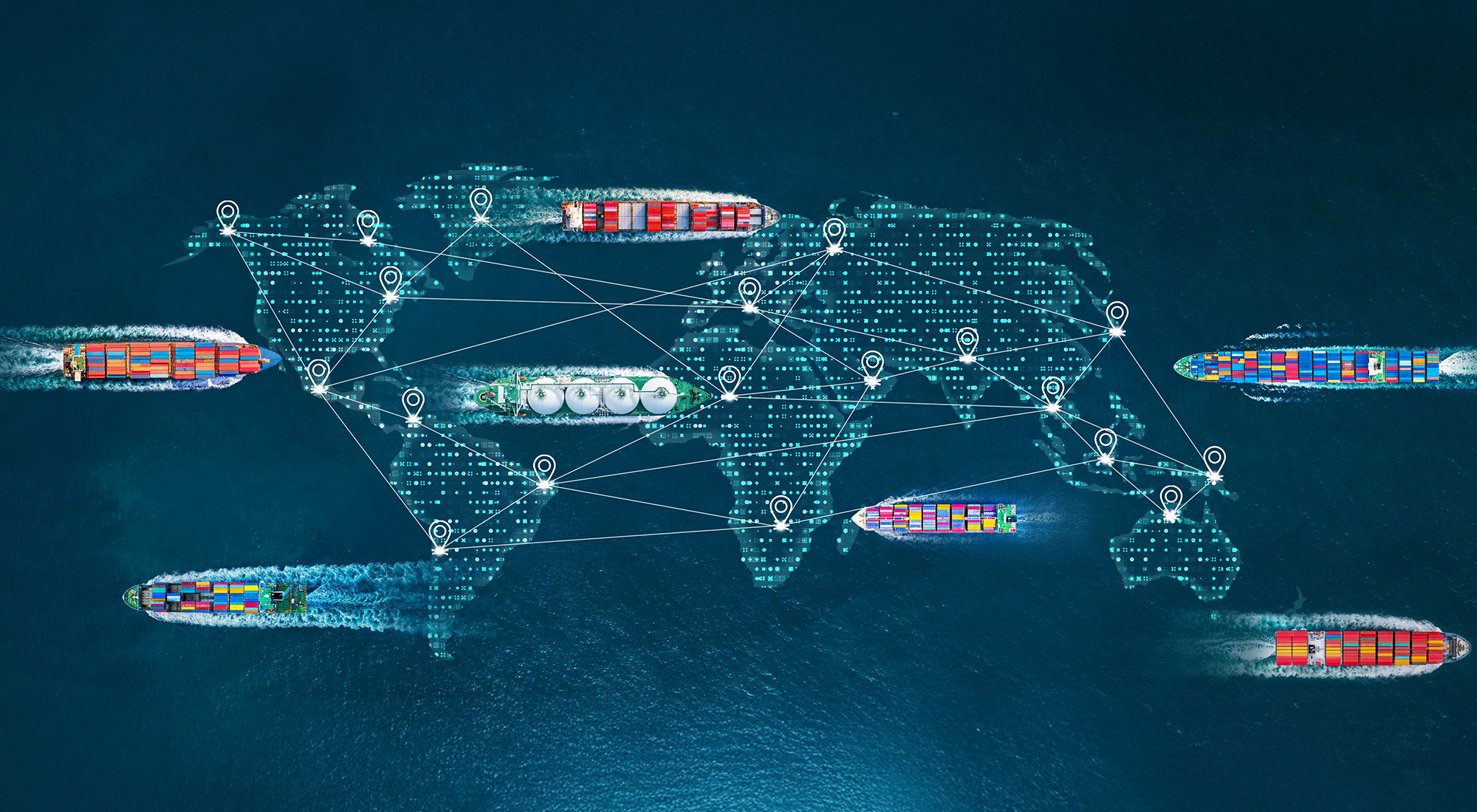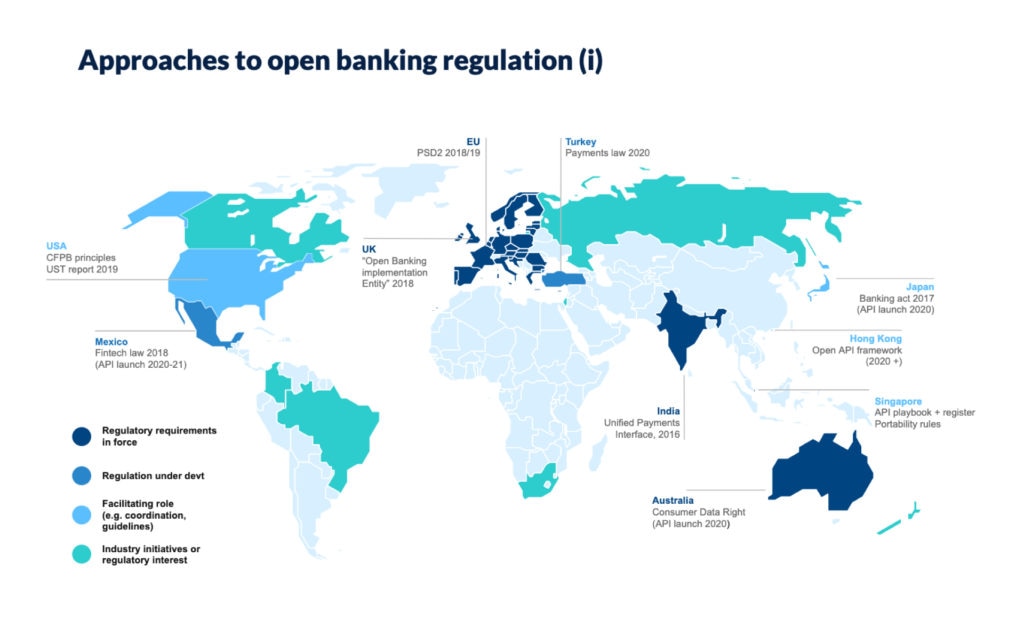
The Future of Global Trade: Navigating Emerging Regulations for a New Era
Global trade is the lifeblood of our modern world, connecting businesses, economies, and people across continents. From the clothes we wear to the smartphones we use, nearly everything has crossed borders multiple times. But this vast, intricate system is currently undergoing a massive transformation. We’re not just talking about minor tweaks; we’re witnessing a fundamental shift driven by new technologies, geopolitical tensions, and an urgent global focus on sustainability.
At the heart of this transformation are emerging regulations. These aren’t just dry legal documents; they are powerful tools shaping how goods move, how businesses operate, and even what products are allowed to be traded. For anyone involved in international business – from small online retailers to multinational corporations – understanding these new rules isn’t just helpful; it’s absolutely essential for survival and success.
In this comprehensive guide, we’ll explore the exciting (and sometimes challenging) future of global trade, focusing specifically on the new regulations that are set to redefine how we do business internationally.
Why is Global Trade Changing So Rapidly?
Before diving into the regulations, it’s important to understand the powerful forces causing this shift:
- The Digital Revolution & E-commerce Boom: The internet has made cross-border selling easier than ever. This explosion of digital trade brings new challenges for customs, taxes, and data privacy.
- Geopolitical Shifts & Trade Tensions: Countries are increasingly using trade as a tool in their foreign policy. This can lead to tariffs (taxes on imports), sanctions (restrictions on trade), and even calls for "decoupling" or "friend-shoring" supply chains (moving production closer to allies).
- The Urgency of Climate Change & Sustainability: There’s growing pressure from governments, consumers, and investors for businesses to operate more responsibly. This translates into regulations aimed at reducing carbon footprints, preventing deforestation, and ensuring ethical labor practices.
- Supply Chain Shocks & Resilience: Recent events like the COVID-19 pandemic and geopolitical conflicts have exposed vulnerabilities in global supply chains. This has led to a focus on making supply chains more robust, diversified, and less reliant on single sources.
- Consumer Demands for Transparency: Modern consumers want to know where their products come from, how they were made, and if they align with their values (e.g., fair labor, environmentally friendly).
These drivers are creating a complex landscape that requires new rules of engagement.
Key Areas of Emerging Regulations in Global Trade
The new wave of regulations touches almost every aspect of international commerce. Let’s break them down into key categories:
1. Environmental & Climate-Related Regulations
The push for a greener economy is perhaps the biggest driver of new trade rules.
- Carbon Border Adjustment Mechanisms (CBAMs):
- What it is: Think of it as a "carbon tax" on imports. If a country (like the European Union) has strict climate policies and charges its own industries for their carbon emissions, it wants to ensure that imported goods aren’t cheaper just because they come from countries with weaker environmental rules. CBAM aims to level the playing field.
- Why it’s emerging: To prevent "carbon leakage" (where industries move to countries with laxer rules) and encourage global climate action.
- Impact: Businesses will need to accurately measure and report the carbon footprint of their products, from raw materials to manufacturing. Goods from carbon-intensive production might become more expensive.
- Deforestation-Free Supply Chains:
- What it is: New laws (like the EU’s Deforestation Regulation) are requiring companies to prove that products like coffee, cocoa, palm oil, soy, beef, wood, and rubber (and derived products) have not contributed to deforestation anywhere in their supply chain.
- Why it’s emerging: To combat climate change and biodiversity loss.
- Impact: Companies need robust traceability systems to track the origin of their raw materials and ensure compliance. This means knowing exactly where your ingredients or components came from.
- Extended Producer Responsibility (EPR):
- What it is: This makes producers responsible for the entire life cycle of their products, including their take-back, recycling, and final disposal. It often applies to packaging, electronics, and batteries.
- Why it’s emerging: To reduce waste, promote recycling, and encourage more sustainable product design.
- Impact: Businesses selling products internationally will need to understand and comply with different EPR schemes in various countries, potentially paying fees or setting up collection systems.
2. Digital Trade & Data Regulations
As more trade happens online, regulating the flow of digital information becomes crucial.
- Data Privacy & Cross-Border Data Flows:
- What it is: Regulations like Europe’s GDPR (General Data Protection Regulation) set strict rules on how personal data (customer names, addresses, browsing habits) can be collected, stored, and transferred, especially across international borders. Other countries are developing their own versions.
- Why it’s emerging: To protect individual privacy and prevent misuse of personal information.
- Impact: Companies must ensure their data handling practices comply with privacy laws in every country they operate in or sell to. This affects everything from marketing campaigns to customer service.
- Cybersecurity Standards:
- What it is: Governments are implementing stricter cybersecurity requirements for businesses, especially those involved in critical infrastructure or handling sensitive data. This includes mandates for strong encryption, regular security audits, and breach reporting.
- Why it’s emerging: To protect national security, critical infrastructure, and prevent economic espionage.
- Impact: Businesses need to invest more in cybersecurity measures and demonstrate their resilience against cyber threats, potentially impacting their ability to connect with certain international partners.
- Artificial Intelligence (AI) Governance:
- What it is: While still in early stages, regulations are emerging to govern the ethical and responsible use of AI in trade, logistics, and customer interactions. This includes rules about transparency, fairness, and accountability of AI systems.
- Why it’s emerging: To prevent bias, ensure safety, and build trust in AI technologies.
- Impact: Companies using AI in their trade operations (e.g., for supply chain optimization or customs clearance) will need to ensure their AI systems are compliant and transparent.
3. Social & Ethical Regulations
The focus on human rights and fair labor practices is increasingly influencing trade policy.
- Supply Chain Due Diligence (Human Rights & Labor):
- What it is: Laws in various countries (e.g., Germany’s Supply Chain Due Diligence Act, the U.S. Uyghur Forced Labor Prevention Act) are forcing companies to actively investigate and address human rights abuses, including forced labor and child labor, throughout their entire supply chain, not just their direct suppliers.
- Why it’s emerging: To combat modern slavery, human rights abuses, and ensure ethical sourcing.
- Impact: Businesses need to map their supply chains, conduct risk assessments, implement robust monitoring, and be prepared to cut ties with suppliers found to be violating human rights. This requires significant transparency and effort.
- Anti-Corruption & Bribery:
- What it is: Existing laws like the U.S. Foreign Corrupt Practices Act (FCPA) and the UK Bribery Act are being more rigorously enforced globally, cracking down on bribery and corruption in international business dealings.
- Why it’s emerging: To promote fair competition, good governance, and ethical business practices.
- Impact: Companies must have strong internal controls, training, and whistleblowing policies to prevent and detect corrupt practices within their own operations and among their partners.
4. Supply Chain Resilience & Security Regulations
Lessons learned from recent disruptions are driving rules to make supply chains stronger.
- Critical Goods & Strategic Reshoring/Friend-shoring:
- What it is: Governments are identifying "critical goods" (e.g., semiconductors, essential medicines, rare earth minerals) and enacting policies to encourage their domestic production or sourcing from trusted allies (friend-shoring) to reduce reliance on potentially unstable or adversarial regions.
- Why it’s emerging: To ensure national security, economic stability, and prevent future supply shortages.
- Impact: Businesses in strategic sectors may face incentives (subsidies, tax breaks) to relocate production or disincentives (restrictions) for sourcing from certain countries.
- Supply Chain Mapping & Transparency:
- What it is: While not always explicit regulations, there’s a growing expectation and sometimes a regulatory push for companies to have a detailed understanding of their entire supply chain, from raw materials to finished product, to identify risks and vulnerabilities.
- Why it’s emerging: To enhance resilience, respond quickly to disruptions, and comply with other due diligence requirements.
- Impact: Companies need advanced data analytics and digital tools to gain full visibility into their complex supply networks.
5. Customs Modernization & Trade Facilitation
Making trade smoother while maintaining control is a constant balancing act.
- Digital Customs & Single Window Systems:
- What it is: Many countries are moving towards fully digital customs processes, where all required documents and information for imports/exports can be submitted electronically through a single online portal (a "single window").
- Why it’s emerging: To speed up customs clearance, reduce paperwork, improve efficiency, and enhance data accuracy.
- Impact: Businesses need to adapt to digital submission requirements, ensure their data systems are compatible, and be ready for faster processing times.
- Blockchain & Distributed Ledger Technology (DLT):
- What it is: While not yet widely mandated, there’s growing interest in using technologies like blockchain to create immutable (unchangeable) records of goods moving through the supply chain, enhancing transparency and trust.
- Why it’s emerging: To reduce fraud, improve traceability, and streamline complex trade finance processes.
- Impact: Early adopters might gain a competitive edge, but widespread adoption would require industry-wide collaboration and potentially new regulatory frameworks.
What Do These Emerging Regulations Mean for Your Business?
The landscape of global trade is becoming more intricate and demanding. Here’s what these changes imply for businesses of all sizes:
-
Increased Compliance Costs & Complexity:
- Adhering to multiple, often conflicting, regulations across different jurisdictions will require significant investment in legal expertise, technology, and staff training.
- Businesses may need to hire dedicated compliance officers or external consultants.
-
Greater Need for Data & Transparency:
- You can no longer afford to operate with limited visibility into your supply chain. Regulators will demand proof of ethical sourcing, carbon footprints, and data privacy compliance.
- This requires robust data collection, management, and reporting systems.
-
Pressure to Reshape Supply Chains:
- The focus on resilience and ethical sourcing means businesses might need to diversify their suppliers, move production closer to home (reshoring/nearshoring), or pivot to "friend-shoring" strategies.
- This can involve significant upfront investment and operational changes.
-
New Opportunities for Innovation:
- While challenging, these regulations also spur innovation. Companies that develop sustainable products, ethical sourcing solutions, or advanced supply chain technologies will find new markets and competitive advantages.
- "Green" products and services will likely see increased demand.
-
Risk of Penalties & Reputational Damage:
- Non-compliance can lead to hefty fines, import bans, and severe reputational damage. Consumers and investors are increasingly scrutinizing businesses’ ethical and environmental performance.
Preparing for the Future of Global Trade: Actionable Steps
Navigating this new era of global trade requires a proactive and adaptable approach. Here’s how businesses can prepare:
-
1. Stay Informed & Monitor Regulatory Changes:
- Assign a dedicated team or individual to track emerging trade regulations in key markets.
- Subscribe to industry newsletters, attend webinars, and consult with trade law experts.
- Be aware that regulations are often phased in, giving businesses time to adapt.
-
2. Invest in Technology & Digitalization:
- Implement advanced supply chain management software for better visibility and traceability.
- Utilize data analytics to understand your environmental footprint and identify compliance gaps.
- Embrace digital customs platforms and automated trade compliance solutions.
-
3. Map & Assess Your Supply Chain:
- Go beyond your direct suppliers. Understand your entire value chain, including raw material sources.
- Identify potential risks related to environmental impact, labor practices, and geopolitical stability.
- Develop contingency plans for disruptions.
-
4. Embrace Sustainability & Ethical Practices:
- Integrate ESG (Environmental, Social, Governance) principles into your core business strategy.
- Set clear sustainability goals and work towards reducing your carbon footprint.
- Implement robust human rights due diligence programs.
-
5. Collaborate & Build Strong Partnerships:
- Work closely with your suppliers and customers to ensure shared understanding and compliance.
- Consider joining industry associations that advocate for practical and fair trade policies.
- Engage with customs brokers, logistics providers, and trade consultants who are up-to-date on new regulations.
-
6. Train Your Team:
- Ensure your internal teams – from procurement to logistics to legal – understand the implications of new regulations and their role in compliance.
Conclusion: A More Responsible, Resilient Global Trade
The future of global trade is undoubtedly more complex, but it also holds the promise of being more responsible, transparent, and resilient. The emerging regulations are not simply hurdles; they are catalysts pushing businesses towards more sustainable, ethical, and secure practices.
For beginners, this might seem daunting, but the core message is clear: Adaptability is key. By understanding the forces driving these changes and proactively preparing for new rules, businesses can not only survive but thrive in this evolving landscape. The companies that embrace these new challenges as opportunities for innovation and responsible growth will be the ones that lead the way in the next chapter of global commerce.



Post Comment